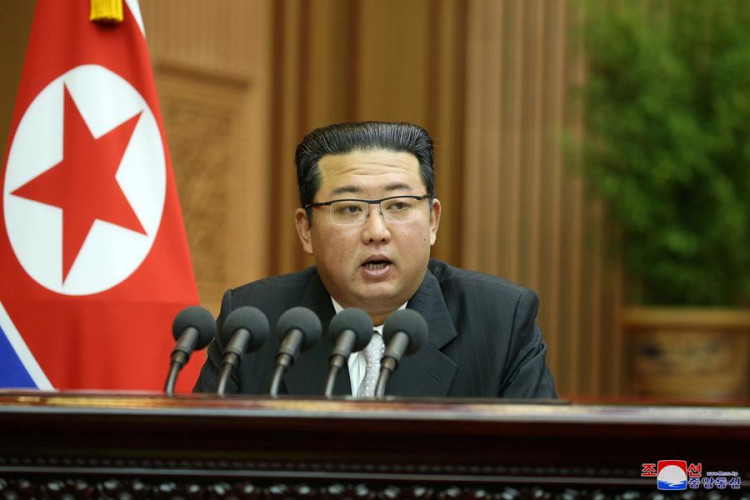South Korea's National Intelligence Service (NIS) has revealed that two North Korean soldiers captured by Ukrainian forces during combat in Russia's Kursk region have not expressed a desire to defect to South Korea. The soldiers, part of an estimated 11,000 North Korean troops deployed to support Russian operations, highlight Pyongyang's deepening involvement in the nearly three-year-old conflict.
Ukrainian President Volodymyr Zelenskyy has proposed exchanging the captured soldiers for Ukrainian prisoners held by Russia, stating his willingness to facilitate such a deal if North Korean leader Kim Jong Un takes action. "If Kim Jong Un even remembers these citizens of his and is capable of organizing an exchange for our warriors being held in Russia, we are ready to transfer such soldiers," Zelenskyy said during a Sunday address.
South Korea's spy agency confirmed it had assisted Ukrainian authorities in questioning the captured soldiers, who reportedly provided no indication of wanting asylum. Koo Byoungsam, spokesperson for South Korea's Unification Ministry, emphasized that facilitating asylum would require extensive legal and international consultations, noting, "There's nothing we can say at the current stage."
Reports from Seoul indicate significant losses among North Korean forces in Ukraine, with approximately 300 soldiers killed and 2,700 injured. This marks the largest North Korean military engagement since the Korean War. Many troops are reportedly struggling to adapt to the unfamiliar terrain and modern warfare tactics, compounded by the rudimentary strategies of Russian commanders.
Moon Seong Mook, a retired South Korean brigadier general, explained the challenges faced by North Korean troops in the Kursk region. "The current battlefield environment, combined with drones and other technologies, have created situations North Korean soldiers have never encountered before," Moon said. He noted that the deployment in wide-open fields without adequate support has significantly contributed to the high casualty rates.
Documents recovered from fallen North Korean soldiers reportedly include instructions to commit suicide if capture appeared imminent. One soldier, facing capture, allegedly shouted "General Kim Jong Un" before attempting to detonate a grenade. Such orders reflect Pyongyang's stringent measures to prevent defection or intelligence leaks.
Ukraine's military confirmed the capture of the two soldiers on Saturday, releasing footage of them in medical care. Zelenskyy's administration has underscored the broader implications of North Korea's involvement, framing it as evidence of Russia's dependence on foreign reinforcements. "There should be no doubt left in the world that the Russian army is dependent on military assistance from North Korea," Zelenskyy stated.
Speculation persists regarding the motivation behind North Korea's support for Russia. Analysts believe Pyongyang may be leveraging its assistance to secure advanced military technology from Moscow, potentially enhancing its nuclear and ballistic missile capabilities. The partnership raises significant security concerns for South Korea and its allies.
Experts suggest that the North Korean soldiers were deployed under direct orders from Kim Jong Un. Lee Chul Eun, a former North Korean intelligence officer who defected to South Korea, described the troops as unwilling participants. "They did not go there because they wanted to. They went as mercenaries," Lee said.




